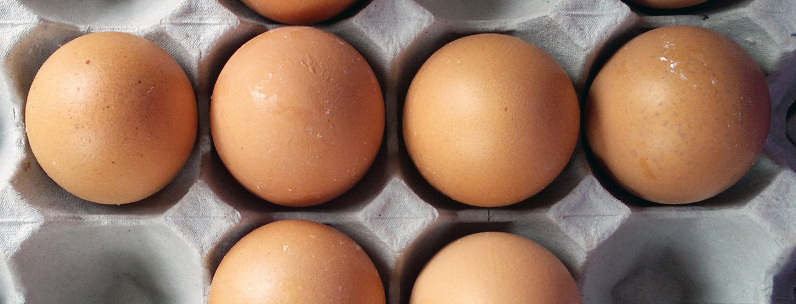Why People with Diabetes Need Protein?

People who do not have diabetes do not have to worry about their blood sugar levels. Their bodies can cope with whatever amount of carbohydrates they eat by manufacturing the right amounts of sugar-lowering hormone Insulin. But people who have diabetes need to manually check their blood sugar level by watching what they eat.
Eating carbohydrates can cause blood sugars to increase. For a person with diabetes, it’s adding fuel to fire. However, proteins don’t have any such effects. This is one of the reasons why a doctor or dietitian may recommend an increase in protein intake. Including protein in a diet can help reducing carbohydrate intake, which in turn, will help keep blood sugars in check.
Increased body weight is a common problem a person with diabetes deals with. Increased body weight is also known to worsen diabetes. According to the American Journal of Clinical Nutrition, proteins are the most satisfying of all nutrients. They decrease your cravings for food and you end up eating less. That’s how proteins help you manage your body weight, as well as diabetes.
For most people with diabetes, the amount of protein they need daily is the same as what a person without diabetes needs. However, if you have a kidney condition, you must check your protein intake.
Keep in mind that all protein sources are not equal. Some protein sources also contain fats and cholesterol, which can be bad for your health. Avoid red meat, bacon and sausages. Instead, opt for:
- Lean meats like chicken and turkey
- Seafood, especially fish
- Low-fat dairy products like cottage cheese
- Beans
- Nuts
- Tofu
- Soy products
Eating more proteins will not only help you reduce carbohydrates, which increase blood sugar, but will also keep your hunger away for a longer time.